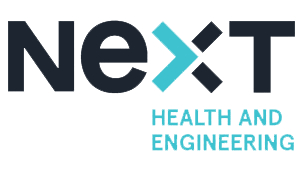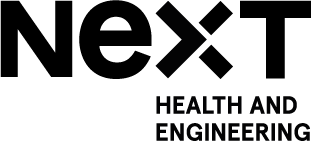Age of pandemics: peer education as an effective tool to enhance hygiene
Contexte
The COVID-era makes it even more clear to what extent social and health-related issues are deeply intertwined. The popular term syndemics (Singer 2017) refers to the phenomenon of how diseases interact with each other and with different social contexts in which they appear. The classical claim by Virchow “Medicine is a social science, and politics nothing but medicine on a grand scale” (Eisenberg 1984) is more tangible than ever before. As a consequence, not just strictly health problems, but social and economic issues need to be addressed, such as allocation of – often scarce – resources. In these circumstances, we believe that the importance of age-specific health prevention and promotion programs cannot be overemphasized. Moreover, based on the findings of a formerly initiated research project “Study, Teach, Understand Health Promotion Programme” (STAnD), we found that peer education could be “one of the most potent and cost-effective health development methods improving the quality of health both at a societal level and in a smaller social environment.” (Feith 2018)
Objectifs visés
Our vision is to create a framework in the form of a pilot project in which we can transfer the knowledge we earned from the STAnD project: how to use the peer educational methodology both to enhance different areas of hygiene and to increase social interactions amongst students. In this pilot, we are aiming to address four important dimensions of hygiene in younger populations: hand hygiene, community hygiene, food hygiene, sexual hygiene. We would like to build upon the widely published results of the mentioned STAnD project and to use the method applied there for health promotion in an extended way. That project – amongst numerous aims – had measured the effectiveness of a peer educational health promotion program about handwashing in different age cohorts from 3 to 20. Setting up different measures (both objective and subjective, quantitative and qualitative as well) forms also part of the proposal. With the help of these, the expected outcome would be to identify the effectiveness of our peer educational model in the mentioned areas of hygiene at different partner institutions. At the same time, concluding the applicability of this methodology in various contexts would also be a predictable benefit of our collective efforts.
Proposed structure
Following the creation of the partnership, two workgroups will be identified: a smaller one for the development of the detailed methodology, including the above-mentioned measures; and a larger one that is responsible for the implementation of the project in each HEIs. The small group needs to have a personal working meeting at one of the partner institutions, the large group can have an online meeting for the clarification and agreement of the implementation process.
As a second step, a train the trainers' activity will be organized at Semmelweis University, where the methodology will be taught also for the peer educators.
A longer phase will follow, where each institution implements the program at a local level and collects data by the means of the agreed methodology. Analysis of the data will be made both at the local and international levels.
The last event of the project will be organized in the form of a conference or professional workshop, where the partner institutions can disseminate their results, assess the whole process, and agrees on possible future exploitation of this initiative.


